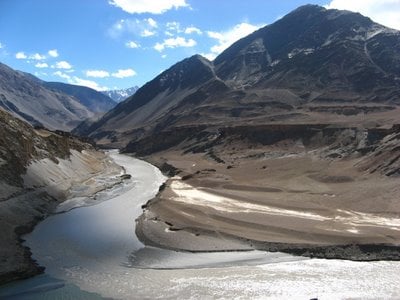
The first hearing of a dispute between Pakistan and India pursuant to the Indus Waters Treaty (IWT) began at the Permanent Court of Arbitration in The Hague, The Netherlands, a statement issued by Attorney General for Pakistan (AGP) Office said on Friday.
The AGP Office also took notice of the news stories appearing in the Indian press regarding New Delhi's attempted unilateral modification of the IWT, saying that such stories were misleading.
"The treaty cannot be unilaterally modified. This is an attempt to divert attention from the ongoing proceedings at the Permanent Court of Arbitration under the Indus Waters Treaty."
Reuters reported that an Indian government source said New Delhi had served Pakistan a notice to modify the treaty and wanted to meet to start resolving the long-running dispute within 90 days. Asked what modification New Delhi wanted, a second source said: "Whatever small differences that may come up, how they can be resolved without the involvement of any third party, since it is a bilateral treaty. A third party should not be required."
The AGP Office statement elaborated that the dispute pertains to concerns raised by Pakistan over India’s construction of the 330MW Kishanganga hydroelectric project on Jhelum River and plans to construct the 850MW Ratle Hydroelectric Project on River Chenab in Indian Illegally Occupied Jammu and Kashmir (IIOJK).
"Pakistan’s delegation is led by Pakistan’s Agent to the Court, Ahmad Irfan Aslam, Additional Attorney General and includes Hassan Nasir Jamy, Secretary, Ministry of Water Resources, and Syed Muhammad Mehar Ali Shah, Pakistan’s Commissioner for Indus Waters. Pakistan is represented by, among others, Sir Daniel Bethlehem, KC, a barrister from the UK."
Pakistan initiated legal proceedings on August 19, 2016, by requesting the establishment of the ad hoc Court of Arbitration pursuant to Article IX of the IWT.
Islamabad took this step after strenuously raising its concerns in the Permanent Indus Commission starting in 2006 for the Kishanganga project and in 2012 for the Ratle project, and then seeking resolution at government level talks held in New Delhi in July 2015.
Pakistan’s decision to initiate proceedings was in response to India’s persistent refusal to address Islamabad’s concerns.
"The treaty provides for two forums for settlement of the disputes – the Court of Arbitration that addresses legal, technical, and systemic issues and the Neutral Expert that addresses only technical issues. Pakistan requested the establishment of the Court of Arbitration because of systemic questions requiring legal interpretation."
India responded to Pakistan’s initiation of a formal dispute settlement process by its own belated request for the appointment of a neutral expert.
Submission of a belated request for the resolution of disputes raised by Pakistan was a demonstration of India’s characteristic bad faith, the statement added.
Fearing conflicting outcomes from two parallel processes, on December 12, 2016, the World Bank suspended the processes for the establishment of the Court of Arbitration and appointment of the neutral expert and invited both countries to negotiate and agree on one forum.
Pakistan and India could not agree on a mutually acceptable forum and the World Bank, after six years, during which India completed the construction of the Kishanganga project, finally lifted the suspension and created the Court of Arbitration and appointed a neutral expert.
(With input from Reuters)

1731619853-0/ice-cream-(1)1731619853-0-405x300.webp)







1726732405-0/Express-Tribune-Web-(15)1726732405-0-270x192.webp)
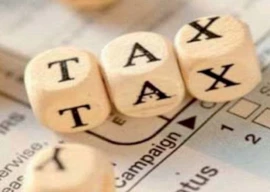

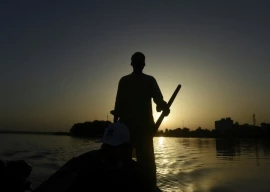
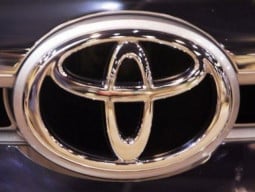
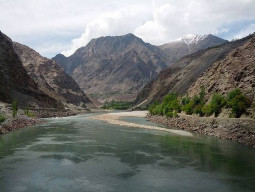






COMMENTS (2)
Comments are moderated and generally will be posted if they are on-topic and not abusive.
For more information, please see our Comments FAQ